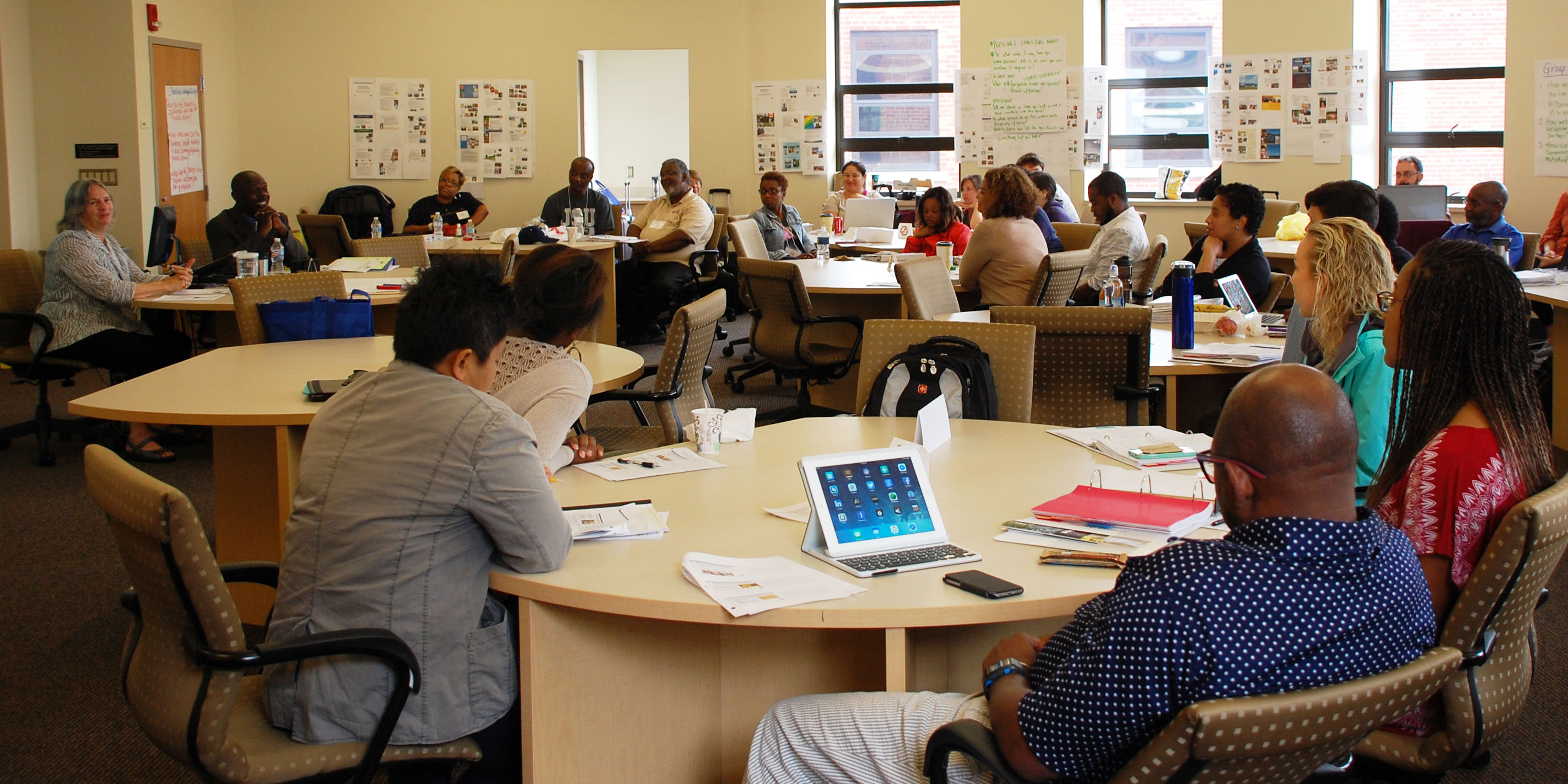| Funding Source | National Center for Minority Health and Health Disparities (NCMHHD) (2005-2008) |
| Goals & Objectives: | HEP Community Approaches to Cardiovascular Health in Detroit (CATCH) aims to address the disproportionate risk of heart disease among residents of eastside, northwest and southwest Detroit. CATCH objectives are:
|
| Communities Involved: |
African-American, Hispanic and white residents living in eastside, southwest and northwest Detroit. |
| Partners: | Brightmoor Community Center, Detroit Department of Health & Wellness Promotion, Detroit Hispanic Development Corporation, Friends of Parkside, Henry Ford Health System/AIMHI, Rebuilding Communities, Inc., community members at-large, and the University of Michigan School of Public Health |
| Intervention: |
|
| Outcome Indicators: | Physical activity and associated indicators (e.g., stages of change) among pilot group participants; Change in indicators of group process among HEP SC. |
| Methods & Analyses: | Pre and post intervention assessment; SC closed ended questionnaire with indicators of group process; in-depth interviews with SC members; focus groups with community residents. |
| Results: | Data collection and analysis in progress. For more information on the Healthy Environments Partnership and its programs, visit http://www.sph.umich.edu/hep/. |











![[USE THIS] 2017 DWEJ logo_Horizontal](/cache/widgetkit/gallery/44/[USE THIS] 2017 DWEJ logo_Horizontal-64638c1e16.png)
